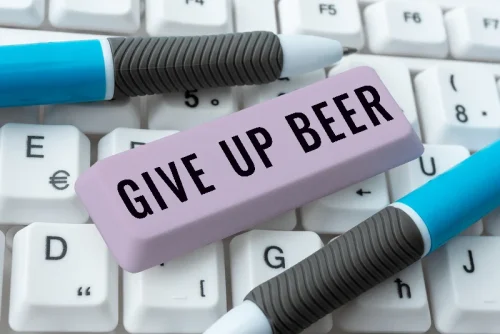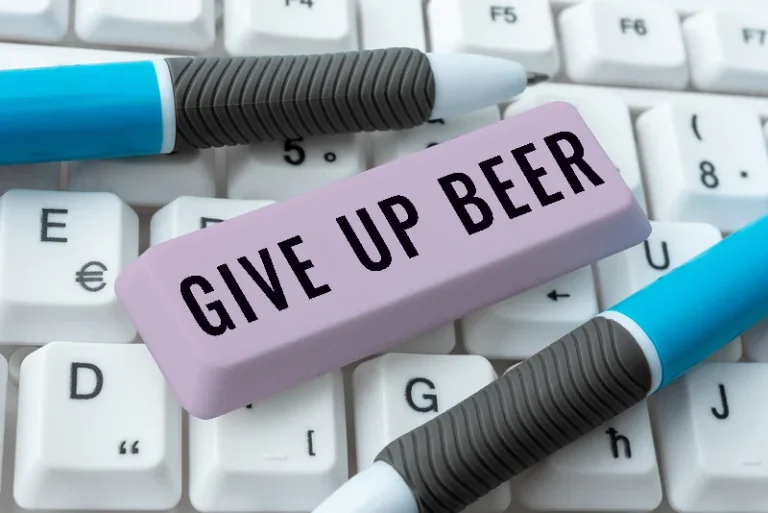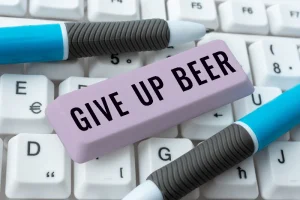Restoring Relationships: Making Amends in Recovery

Our professional interventionists are board certified, licensed, and trained in every single aspect of substance use treatment. You don’t have to do this alone – give us a call today to learn more about how we can help you and your family. You have to be honest with yourself about whether you have a valid reason to opt out of direct amends. Just keep in mind that you should never use the concept of living amends to run away from an apology.
Work with a Sponsor
We may be afraid about making financial amends, or afraid of rejection, retaliation and a host of other doubtful outcomes. However, making amends doesn’t always have to be a nerve-racking, dreadful or joyless experience. There is freedom that is gained by cleaning up the past, a freedom to live peacefully in the present. Direct Amends – taking personal responsibility for your actions and confronting the person who you would like to reconcile with. Your donation will provide a scholarship to someone in recovery, supporting them through the first few months of sober living in one of our partner organizations.
Claim Your Recovery

For example, there may be a situation where the person (or people) we’ve harmed are not aware of what we did, and learning about it might possibly harm them even more. Substance abuse Or there could be situations that were complicated by other addicts, or accusations of stealing more than just money. There are so many kinds of situations and they all need to be taken into consideration on an individual basis. And living amends definition Spock’s objective was how can he integrate with his human counterparts on the bridge and give the best that he had to offer.
If You’re Struggling to Make Amends

Scholarships are granted to individuals who have completed inpatient treatment and are looking to continue their recovery journey in sober living. Living Amends partners with sober living facilities to closely monitor each scholarship and intervene if obstacles arise to long-term sobriety. While making amends is a transformative and healing process, it’s not without its challenges. Some people may not be willing to forgive or rebuild relationships, and individuals in recovery must be prepared for this possibility.

When making direct amends, it is usually best to do so after a sustained period of sobriety and while in a calm state of mind. But whether you choose to make living amends or traditional direct amends, there’s no denying that the ninth step doesn’t exist in a vacuum. Suppose you knew the affected person personally, but they passed away before you could get to step nine of the program. Some recovering alcoholics would recommend making living amends as an alternative. That’s when the recovering alcoholic reaches out to people they’ve hurt before getting sober in an attempt to make things right.
- It takes willingness and courage to reflect on and find a resolution to your mistakes.
- Amends translates to aligning your words with your actions while learning in recovery how to live by a new set of principles to maintain a sober lifestyle.
- Honesty is key in determining impactful living amends, which require ongoing effort and dedication to show real transformation.
- After overcoming homelessness and drug addiction, Adam found his life’s purpose in helping addicts find the same freedom he found.
- Restoration means bringing something back to its former state, usually things that have been damaged.
- These promises are often the most difficult to keep because addiction plays a decisive role in a person’s ability to live up to their promises.
Steps 8 and 9 of Alcoholics Anonymous involve listing those harmed and making direct amends to such people wherever possible, unless doing so would cause further harm. This process helps rebuild relationships and promotes personal growth in recovery. By acknowledging the impact of their actions, individuals can better understand the broader consequences of alcohol misuse, especially in light of evolving binge drinking trends across age groups. This awareness fosters empathy and reinforces the importance of honesty and accountability in relationships.

Dual Diagnosis OCMH: Comprehensive Care for Addiction and Mental Health
Making amends is more than “I’m sorry.” It involves acknowledging the hurt or damage done, seeking forgiveness, and, where possible, making things right. Living amends is a certain type of amends you make in addiction recovery. Essentially, it means making a radical shift in the way you live and sticking to that. When you make living amends, you make genuine changes to support your emotional and physical sobriety.
- That’s because it attempts to rectify the outward consequences of the disease.
- The key is that we keep the focus on ourselves and our “side of the street,” so to speak.
- Your AA sponsor, therapist, or another trusted person can help you determine how best to address making amends.
- When living a life enslaved to drugs and/or alcohol, it’s no secret that a person’s moral compass is completely challenged.
- Cause you can see how the Enterprise just set pieces all over the soundstage and then there was Planet from Hell on stage nine.
Toradol vs. Tramadol: Safer alternatives to Opioid Addiction
- You don’t have to take our word for the success of sober living in preventing relapse.
- You still need to seek addiction treatment, work the program, and commit to sober living.
- Confidential helplines, like SAMHSA’s National Helpline, offer support and referrals for those navigating addiction recovery.
- Making amends is ill-advised if it involves confessing to actions the other party is unaware of, as this can lead to unnecessary pain.
- For the next sections, we’ll focus mainly on the first take on living amends (replacing direct amends in certain situations).
That’s why the 12 Steps of Alcoholics Anonymous call for us to make amends during the recovery process. But what does making amends mean, and how is it different from a simple apology? Examples of making amends could be doing volunteer work, paying off an old debt, making a public apology, etc. Your sponsor will help guide you through each specific situation. However, completing it often brings immense relief and renewed hope.
How do I approach making direct amends to people I’ve harmed during my addiction?
Addressing substance use disorder during the recovery process is crucial, as it involves acknowledging past harms and making efforts to rebuild family connections. Making amends is a powerful way to repair relationships, rebuild trust, and demonstrate a commitment to personal growth and recovery. By taking responsibility for past wrongs and making amends, individuals can begin to heal and move forward in a positive way. living amends definition Making amends can also help individuals overcome feelings of guilt, shame, and remorse, and develop a greater sense of self-awareness and self-acceptance.
